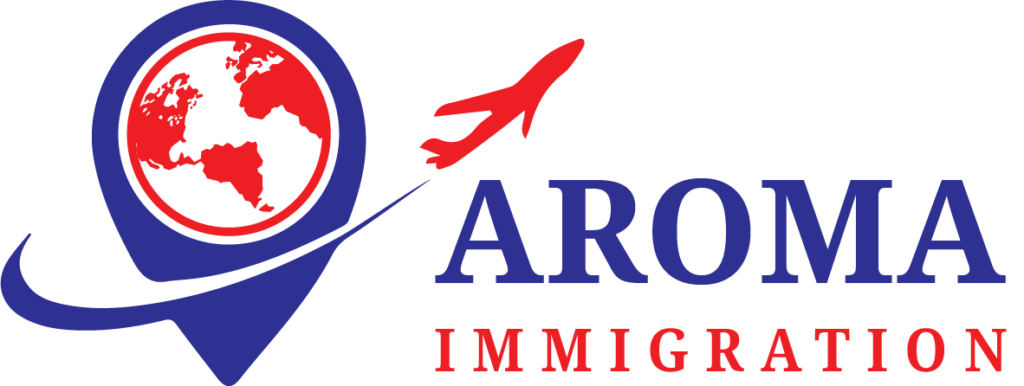Canadian Citizenship
- Express Entry Program
- Provincial Nominee Program (Skilled Category)
- Alberta Immigrant Nominee Program (AINP)
- British Columbia Provincial Nominee Program (BCPNP)
- Manitoba Provincial Nominee Program (MPNP)
- Nova Scotia Nominee Program Visa
- Prince Edward Island PNP
- Ontario Provincial Nominee Program (Ontario PNP)
- Quebec Immigration Program
- Saskatchewan Immigrant Nominee Program (SINP)
- Quebec Skilled Worker Program
- Rural and Northern Immigration Pilot (RNIP)
- Atlantic Immigration Pilot Program (AIPP)
- Immigrate to Yukon, Canada under Yukon PNP & Community Pilot
- HOME CHILD-CARE PROVIDER PILOT AND HOME SUPPORT WORKER PILOT
- The Priority Skills Newfoundland and Labrador
- Common-Law Partner Visa
- Dependent Children Visa
- Family-Based Provincial Nominee Visa
- Parental and Grandparental Sponsorship Visa
- Spousal Sponsorship Visa
- Explore Universities/Courses
- Services We Provide
- Canadian Scholarship
- Canadian Education System
- Canadian Education System
Canada Temporary Resident Visa
Temporary Work Visa For Canada
- Temporary Work Visa
- Cultural, Academic or Research Visa Assistance
- International Experience Canadian Visa
- International Free Trade Agreements Visa
- Live-In Caregiver Work Visa
- Lower-Skilled Occupations Visa
- Off-Campus Work Visa Assistance
- Partner of Work/Study Permit Holder Visa
- Post-Graduation Work Visa Assistance
- Religious or Charitable Work Visa Assistance
Canadian Citizenship
Canadian Citizenship is considered as one of the most coveted citizenship in the world; and it can be obtained through legally recognized permanent residence or specific family ties.
Citizenship through Permanent Residency Canada
The resident who has maintained permanent residency status, lawfully, can apply for Canadian Citizenship through Permanent Residency Canada via this visa. Applicant can also procure Canadian passport. The applicant should be prepared to pledge of citizenship, before receiving the certificate of Canadian Citizenship. Upon approval, the applicant is entitled to avail rights of equality, legal, mobility, aboriginal peoples’ rights and the right to peaceful assembly.
New Canadian Citizenship requirements have been announced by the authorities with effect from June 11, 2015.
The new requirements apply to a permanent resident, 18 years of age or older, who wish to apply for citizenship.
To qualify an applicant must:
- have, since becoming a permanent resident, been physically present in Canada for at least 1460 days in the six (6) years immediately before you apply,
- have, since becoming a permanent resident, been physically present in Canada for at least 183 days during any four (4) calendar years that are fully or partially within the six (6) years immediately before you apply,
- have met any applicable requirement under the Income Tax Act to file income taxes for any four (4) taxation years that are fully or partially within the six (6) years immediately before you apply,
- intend to reside in Canada, to work outside Canada in or with, or to accompany certain family members employed in or with the Canadian Armed Forces, the federal public administration or the public service of a province outside Canada;
- be able to communicate (speak and understand) in English or French (if you are 65 years of age or older, this does not apply), and
- be able to demonstrate, in English or French, knowledge about Canada and the responsibilities and privileges of citizenship (if you are 65 years of age or older, this does not apply).
Citizenship through Adoption
Citizenship through Adoption program allows applicant who have been adopted by Canadian parents to obtain Canadian citizenship. The applicant should have at least one Canadian parent to get citizenship, receive a Canadian passport, and enjoy the benefits for an eligible Canadian citizen. The applicant, who is an adopted child of Canadian parents, has to be adopted outside Canada. Once approved, the applicant can enjoy the rights and freedoms as equal to a Canadian resident. This includes aboriginal people’s rights, equality rights, legal rights, mobility rights, freedom of thought, religion, and speech as well as the right to peaceful assembly.
